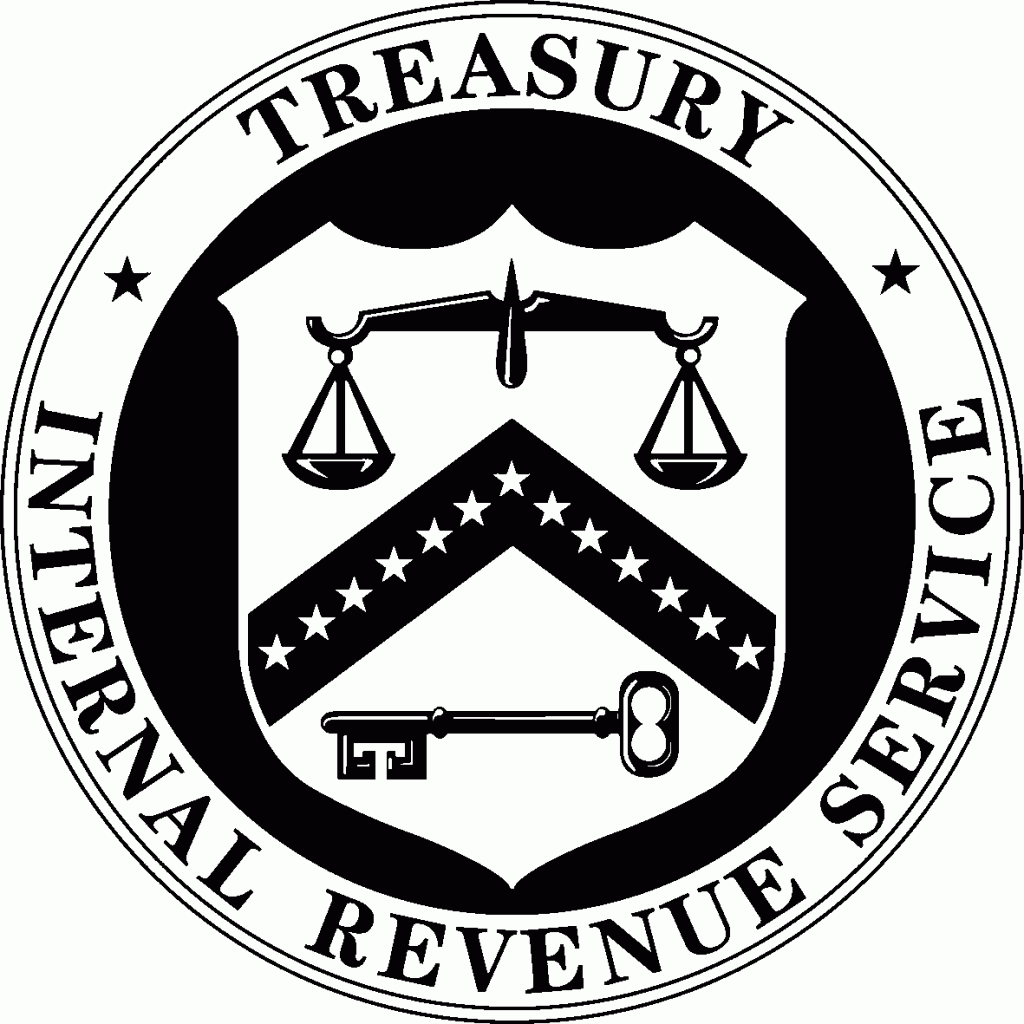In their desire to increase tax revenue, improve oversight, and strengthen its regulatory grip on small businesses, governmental agencies are close to adding major regulatory requirements.
Image by rawpixel.com on Freepik
Designed also to help identify companies being used to spy on American companies to gain trade secrets, efforts to date for informing small business leaders have been spotty at best.

Let’s start with the change already law and which estimated 20+ million American small businesses are already in violation. Charged with implementing these new requirements is the Financial Crimes Enforcement Network (FinCEN). Under the law that went into effect January 1, of this year, FinCEN is bringing into new databases registered information which more substantially disclose who are the beneficial individual owners of the millions of small businesses. Failure to comply, can result in hefty fines.
Approved by Congress in by the 2021 Corporate Transparency Act, individuals can no longer hide under opaque private companies, foreign entities and other subterfuges when owning, investing, or managing small businesses with less than 20 employees. Companies must provide additional background, verifiable personal data, and financial information on any person who benefits from the operation of a small business.
In the first months of 2024, only about 400,000 of the nation’s estimate 22 million small businesses had complied with the law’s requirement. FinCEN intends to step up its educational efforts after the April 15th Tax Deadline.
Image by rawpixel.com on Freepik
While this registration program poses additional burdens, perhaps the more worrisome issue facing small business leaders is the expanding effort by the Department of Labor and the IRS to further limit the use of casual workers. It is estimated that in 2022 more workers received 1099s forms than W2 forms. The former wage reporting mechanism reports to the government of wages earned but requires no contributions to social security or other deductions usually taken from paychecks of full-time employees.
The definition of who is a full time worker and who can claim 1099 status has been under attack for 10 years and the latest series of proposed regulations go far forward of anything previously proposed. These changes are currently up for review and it behooves any small business leader to become aware of them quickly.
Plus there are two other regulatory issues threatening small business employer-employee interaction. The first concerns franchise workers. There the Department of Labor is still trying to dictate that an individual franchise owner is part of a large company made up of franchises.
The second, and more ominous, is extending its authority into such areas as home-based childcare and Uber-type businesses.
Staying abreast of these trends is another management requirement facing small businesses this year. Stay tune, more may be coming.
Tags: business, business-law, corporate-transparency-act, fincen, small business




Leave a comment